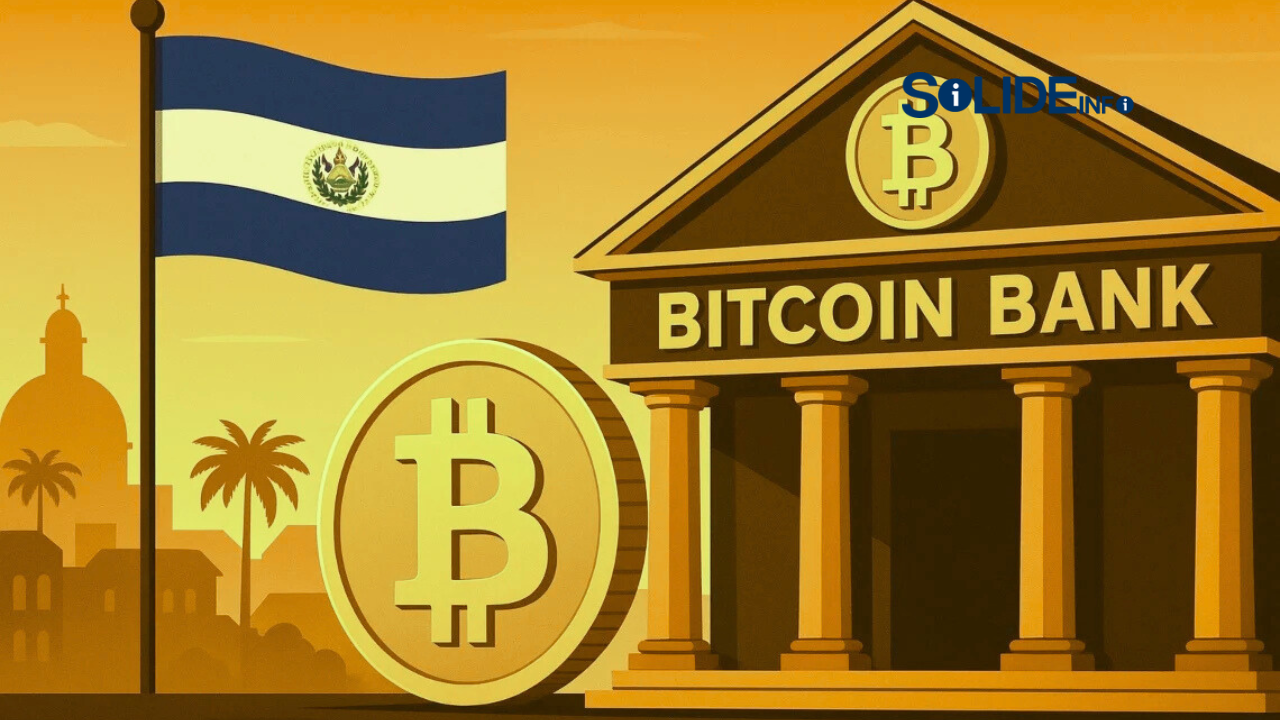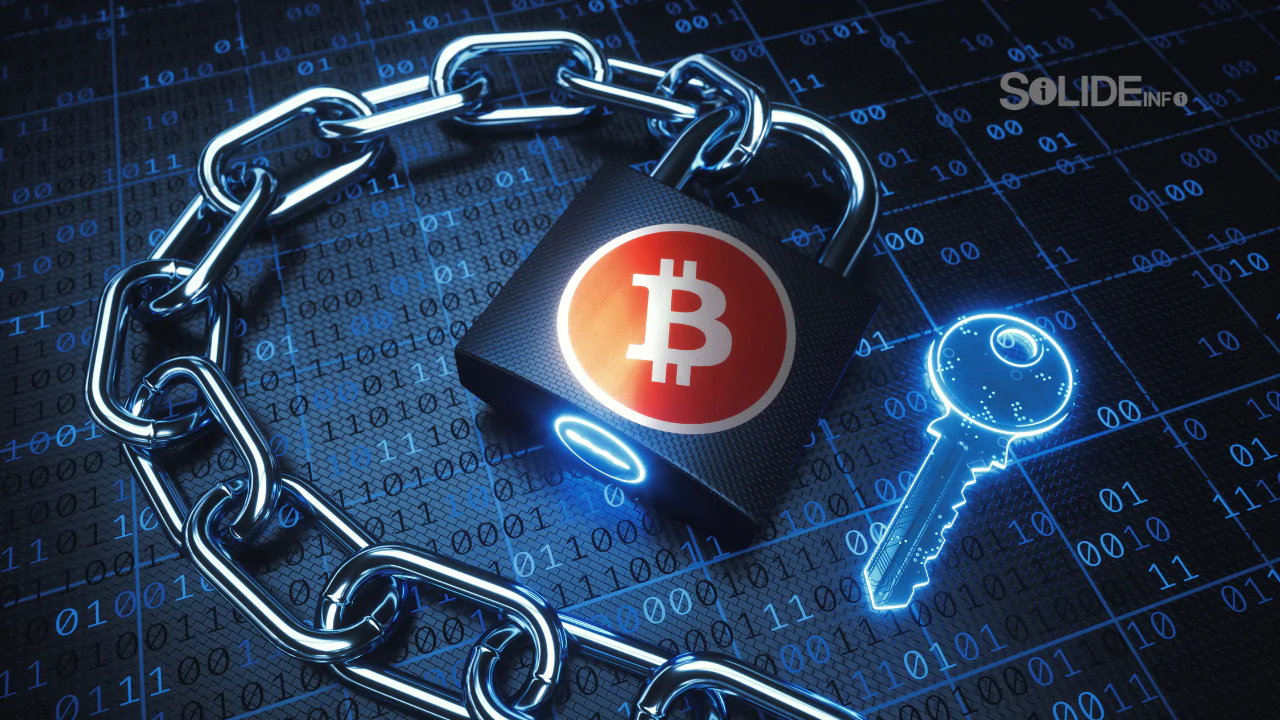Imagine walking into a bank where your savings account isn’t in dollars, pounds, or euros, but in Bitcoin. A place where you can take out a loan for a car or a house, and both the loan and your repayments are entirely in the world’s most famous cryptocurrency. This might sound like a scene from a sci-fi novel, but it’s a future the small Central American nation of El Salvador is actively trying to build. Fresh off their groundbreaking, and controversial, move to adopt Bitcoin as legal tender, the government’s Bitcoin Office has just dropped another bombshell: a plan to create the world’s first-ever “Bitcoin Banks.”
This isn’t just another incremental step in the country’s crypto journey; it’s a giant leap into uncharted financial territory. For years, we’ve talked about Bitcoin as a new kind of asset, a digital gold, or a peer-to-peer payment system. But El Salvador is pushing the envelope, asking a much bigger question: can Bitcoin form the very foundation of a national banking system? The announcement has sent ripples across the globe, forcing enthusiasts, skeptics, and traditional financial institutions alike to pay close attention. What happens next in this ambitious experiment could redefine our understanding of money, banking, and a nation’s economic sovereignty.
From Legal Tender to Full-Fledged Banks: El Salvador’s Bitcoin Journey
To understand the significance of Bitcoin Banks, we have to look back at how El Salvador got here. In September 2021, the world watched with a mixture of awe and disbelief as the country, under the leadership of President Nayib Bukele, officially made Bitcoin legal tender alongside the U.S. dollar. As detailed in reports from outlets like the BBC, this was an unprecedented move. No other country had ever given a decentralized cryptocurrency the same legal status as a government-issued currency. The government’s stated goals were ambitious: to provide financial services to the 70% of Salvadorans who didn’t have a bank account, to make it cheaper for citizens living abroad to send money home, and to attract foreign investment and tourism.
To kickstart adoption, the government launched the Chivo wallet, a state-backed digital wallet pre-loaded with $30 worth of Bitcoin for every citizen who signed up. The initial rollout was a whirlwind. While some tech-savvy individuals and businesses in tourist hotspots embraced the change, widespread adoption among the general population proved to be a tougher challenge. Many Salvadorans, unfamiliar with the technology and wary of its notorious price swings, remained hesitant, preferring the stability of the dollar they knew. International bodies, most notably the International Monetary Fund (IMF), have repeatedly voiced concerns, warning that tying a national economy to such a volatile asset could lead to financial instability. Despite these hurdles and a rollercoaster in Bitcoin’s price, President Bukele’s administration has remained steadfast, continuing to buy Bitcoin for the national treasury and promoting the country as a haven for crypto innovation. The plan to create Bitcoin Banks is the most audacious chapter in this ongoing story, a sign that the government is doubling down on its bet and looking to build permanent financial infrastructure on a Bitcoin standard.
So, What Exactly IS a ‘Bitcoin Bank’?
When we hear the word “bank,” we think of a safe place to store our money, earn a little interest, and get loans. A Bitcoin Bank aims to do all of these things, but with one fundamental difference: the unit of account is not a traditional currency, but Bitcoin itself. It’s a concept that challenges the very core of modern banking. Think about your own bank account. The number you see represents a claim on a certain amount of your country’s currency. A Bitcoin Bank would operate on a similar principle, but the asset itself would be Bitcoin. This means your savings would be held in BTC, and any interest you earn would be paid in BTC.
The most transformative aspect would be lending. In this new system, you could potentially apply for a personal loan, a business loan, or even a mortgage, all denominated in Bitcoin. This is where things get both exciting and incredibly risky. If you take out a 1 BTC loan when the price is $70,000, you owe 1 BTC. If the price of Bitcoin doubles to $140,000, you still only owe 1 BTC, but its value in dollar terms has skyrocketed. This could be fantastic for the lender but devastating for the borrower. Conversely, if the price crashes, the borrower benefits while the bank could face massive losses. Managing this extreme volatility is the single biggest challenge these institutions will face. To learn more about the fundamentals of the asset at the heart of this system, resources like bitcoin.org offer a great starting point. The proposed services go beyond simple deposits and loans, potentially including advanced payment systems and investment products for a growing class of global Bitcoin holders, turning El Salvador into a specialized financial hub.
The Global Ripple Effect: Why the World is Watching El Salvador
El Salvador’s moves are not happening in a vacuum. Every decision made in its capital, San Salvador, is scrutinized by global financial powers, developing nations, and the ever-growing crypto community. The announcement of Bitcoin Banks has amplified this scrutiny. On one side, you have powerful institutions like the International Monetary Fund (IMF), which have consistently advised against the country’s Bitcoin strategy. Their concerns are rooted in traditional economic principles: price volatility threatens consumer protection, the decentralized nature of Bitcoin could complicate efforts to prevent money laundering and terrorist financing, and a potential default on BTC-denominated loans could create systemic risk for the nation’s entire financial system. These warnings carry weight, as they can affect a country’s ability to secure international loans and maintain stable relationships with global financial partners.
On the other side is a powerful counter-narrative. Proponents see this as a bold declaration of monetary independence. For decades, many developing nations have been reliant on the U.S. dollar, leaving them vulnerable to American monetary policy and global economic shifts beyond their control. By building an alternative financial system, El Salvador is positioning itself as a pioneer of a new, decentralized world order. This strategy is designed to attract a specific type of foreign investment: capital from Bitcoin whales, crypto companies, and ideologically driven investors who want to support this vision. If successful, El Salvador could become the “Singapore of the Americas” for crypto finance, creating high-paying jobs and a thriving tech ecosystem. Other nations, particularly those in Latin America and Africa facing similar economic challenges, are watching closely. If El Salvador can pull this off, it could create a blueprint for others to follow, potentially triggering a seismic shift in the global financial landscape.
The Human Element: Hopes, Fears, and the Road Ahead

Beyond the grand geopolitical and economic theories, the real test of El Salvador’s Bitcoin experiment lies with its people. For a street vendor in San Salvador or a farmer in a rural village, what does a Bitcoin Bank actually mean? The optimistic view is that it could finally bring financial inclusion. For the millions of unbanked Salvadorans, these new institutions could provide access to savings and credit without the bureaucracy and high fees of traditional banks. For the millions more living abroad, sending money home could become nearly instantaneous and dramatically cheaper, putting more money directly into the pockets of their families. It represents a hope for a more equitable and accessible financial system, built from the ground up for the digital age.
However, the fears are just as real and profound. Entrusting your life savings to an asset known for 50% price drops in a matter of weeks is a terrifying prospect for anyone, let alone for people living on tight margins. A business owner who takes out a BTC loan could see their debt double in value overnight, leading to bankruptcy. The digital divide is another significant hurdle; ensuring that citizens, especially the elderly and those in remote areas, have the technical literacy and internet access to use these services safely is a monumental task. The road ahead for El Salvador is fraught with both incredible opportunity and immense risk. It is a real-time, high-stakes test case for the entire world. Whether it becomes a shining example of financial innovation or a cautionary tale, the lessons learned from the creation of these Bitcoin Banks will undoubtedly shape the conversation about the future of money for decades to come.



